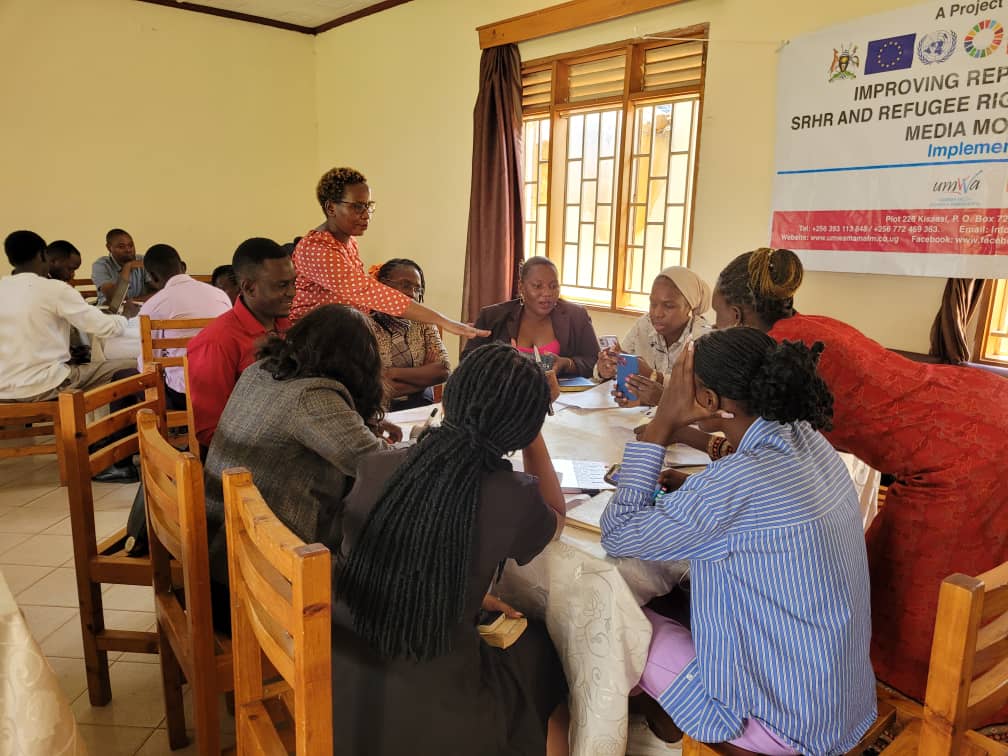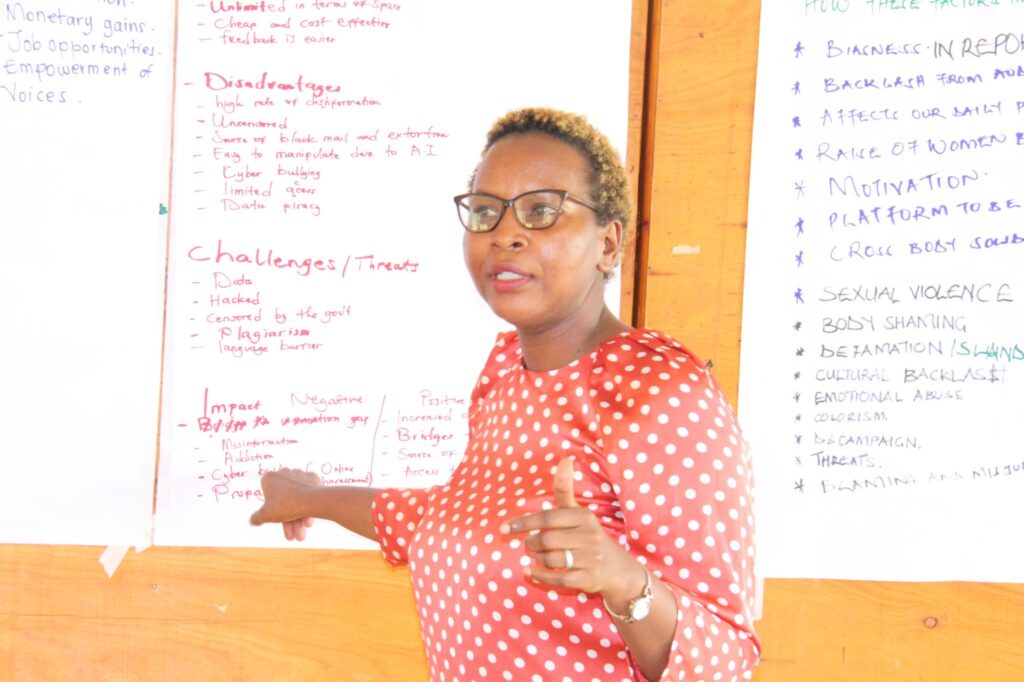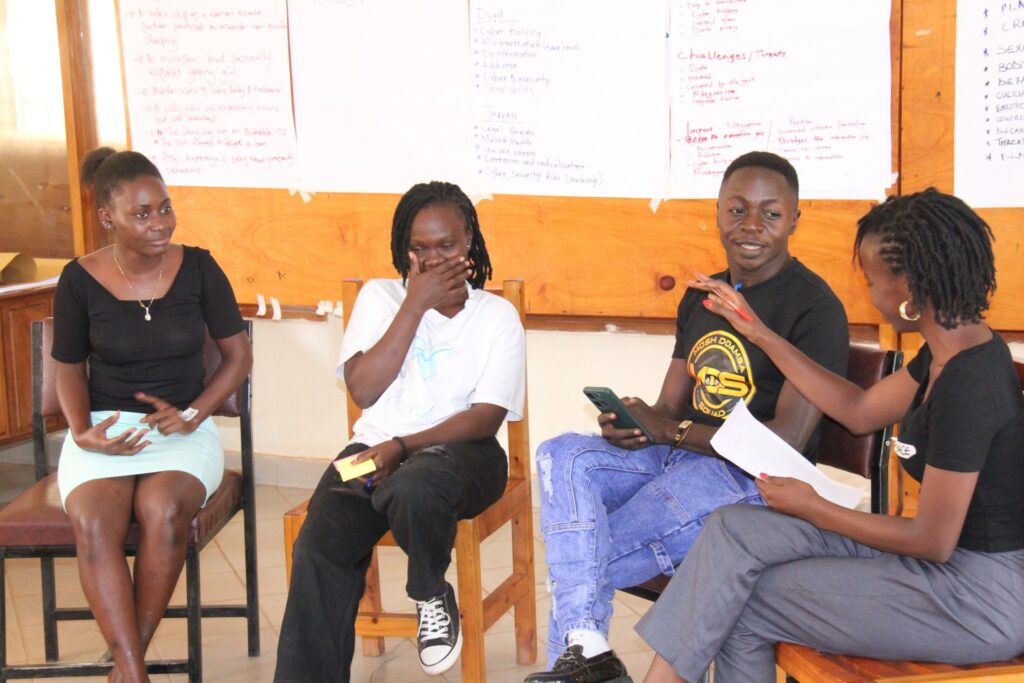
 Mama FM
Mama FM

 Mama FM
Mama FM
30 July 2025, 12:00 am

By Byamukama Alozious
In a bid to promote responsible reporting on gender-based violence (GBV) and other sensitive topics, the Uganda Media Women’s Association (UMWA) has trained journalists in Kampala on gender-sensitive reporting.
The training, supported by UNDP Uganda , UN Women under the Global Spotlight Initiative, aimed to equip media practitioners with the skills to report on GBV issues accurately and empathetically. Held at the UMWA offices in Kisaasi, Kampala, the session brought together online reporters and influencers to underscore the importance of responsible reporting, particularly on digital platforms.
According to Laila Ndagire, a Project Officer at UMWA, “Journalists face challenges such as harassment, cyberbullying, and hacking when reporting on sensitive topics. We have empowered them to protect themselves online while continuing to do their work.”
The training highlighted the crucial role journalists play in giving a voice to those unable to speak out for their rights—especially women and girls affected by GBV.

Patricia Nantume, one of the participants, remarked, “Through us, the reporters, we can help those women. We can help young girls. We can help young boys. We can help men speak out about their problems—the way they are treated in their homes and in their communities.”
Notably, Kampala City records high rates of gender-based violence, with Kawempe Division leading in GBV cases, according to recent statistics from the Uganda Bureau of Statistics—underscoring the importance of this training.

Laila Ndagire explained the methodology used during the training: “We used practical approaches, including role-plays and group discussions, to demonstrate how to report on GBV cases effectively. We also provided techniques for obtaining the other side of the story while ensuring the protection of sources.”
Akello Peace Merisha, a young female journalist, facilitated a practical session where she led participants in a discussion, emphasising the importance of presenting both sides of the story.
“I think more journalists out there need such sessions,” Merisha said. “I was very pleased that we had men in the room, because men are often alienated from discussions on violence against women.” She added that the session was valuable as it introduced her to a range of perspectives on gender-based violence—not only against women, but against men as well.